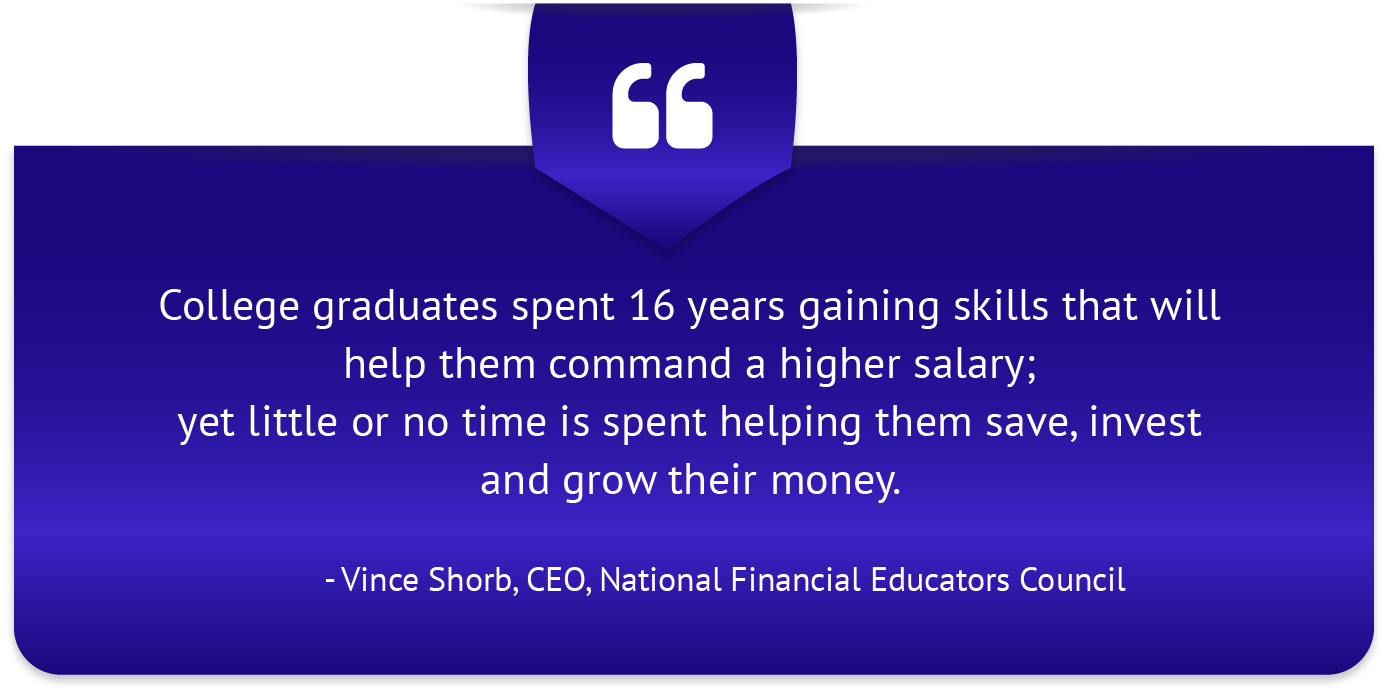Physical Address
304 North Cardinal St.
Dorchester Center, MA 02124
Physical Address
304 North Cardinal St.
Dorchester Center, MA 02124

In today’s fast-paced world, financial literacy is an essential skill that everyone should aspire to acquire. Understanding how to manage personal finances—whether it be saving, investing, or simply budgeting—is critical for achieving financial independence and security. Financial literacy: the importance of financial education cannot be overstated. It plays a pivotal role in empowering individuals to make informed decisions about their economic futures. This article will explore the core tenets of financial literacy and how they impact both individuals and society as a whole.
Financial literacy involves a combination of skills and knowledge that enable individuals to effectively manage their financial resources. This includes understanding basic financial concepts such as interest rates, inflation, and investments. With financial literacy, individuals can create budgets, save for emergencies, plan for retirement, and navigate loans and credit. The importance of financial education in today’s society cannot be ignored, as it fosters economic stability and personal empowerment.
To truly appreciate the significance of financial literacy, it’s vital to understand its key components. These components revolve around core areas such as saving, investing, and understanding credit. Each facet contributes significantly to one’s financial well-being and is an essential aspect of financial literacy: the importance of financial education comes into play strongly here.
### Saving
Saving money is often the first stepping stone towards financial independence. It allows individuals to prepare for emergencies and future goals. The habit of saving can lead to greater financial security and confidence. Financial education teaches the importance of an emergency fund, ideally covering three to six months of living expenses, which serves as a financial cushion in unexpected circumstances.
### Investing
Investing is another cornerstone of financial literacy. Many people are intimidated by the stock market, real estate investment, and other avenues for growing personal wealth. However, financial education demystifies these processes and equips individuals with the information necessary to make sound investment decisions. Understanding the principles of investing shows how to balance risk and reward, diversify assets, and utilize compound interest to one’s advantage.
### Understanding Credit
Credit scores and reports are critical aspects of financial health. A good credit score can significantly lower the cost of borrowing, whether for a mortgage or an auto loan. Knowledge gained through financial literacy helps individuals understand how credit works, the importance of maintaining a good credit score, and how to rectify poor credit situations if they arise.
The ripple effect of financial literacy is profound. When individuals are financially educated, the impact transcends personal finances and extends to the economy at large. Financial literacy: the importance of financial education thus resonates through stronger communities and improved overall economic stability.
A financially literate population can drive economic growth. When individuals can plan and invest wisely, they contribute to a more robust economy. Increased saving rates lead to heightened capital accumulation, which is essential for business expansion and job creation. When consumers are empowered to make educated choices, they stimulate demand for goods and services, leading to an overall thriving economy.
Financial literacy is one of the most effective tools in breaking the generational cycle of poverty. Many low-income families lack access to quality financial education, which perpetuates dependence on high-interest loans and poor financial decisions. By making financial education accessible to all, communities can uplift their members and foster a greater sense of empowerment, thus affecting long-term societal change.
To cultivate an economically savvy population, there are various strategies that should be implemented to enhance financial literacy. These strategies not only serve individuals but also benefit schools, communities, and society at large.
### Education Programs
One of the most effective ways to promote financial literacy is through structured education programs. Schools should incorporate financial education into their curriculum, teaching students the essentials from an early age. From basic budgeting to understanding savings accounts and credit reports, a firm foundation in these topics can lead to more responsible financial behavior in adulthood.
### Online Resources and Workshops
In the digital age, online resources, workshops, and webinars can play a crucial role in enhancing financial literacy. Individuals can access a wealth of information from reputable sources at their convenience. Moreover, local libraries and community centers often host workshops on related topics, making financial education widely available.
### Community Initiatives
Community involvement is also vital in promoting financial literacy. Nonprofits and local organizations can develop initiatives aimed at educating community members about financial management. By partnering with schools and businesses, they can create financial literacy programs that reach a broader audience, thus reinforcing the concept that financial literacy: the importance of financial education truly matters.
Financial literacy is not just a luxury; it is a necessity in today’s economy. By equipping individuals with the knowledge and skills they need to make informed financial decisions, society as a whole stands to benefit. Financial literacy: the importance of financial education resonates throughout generations, providing the tools required for growth, empowerment, and economic stability. Through a combination of education, community initiative, and accessible resources, we can pave the way for a financially literate society that fosters independence and prosperity for all.
This image encapsulates the sentiments and significant ideas surrounding financial literacy, emphasizing the quotes that inspire future financial educators and students alike.